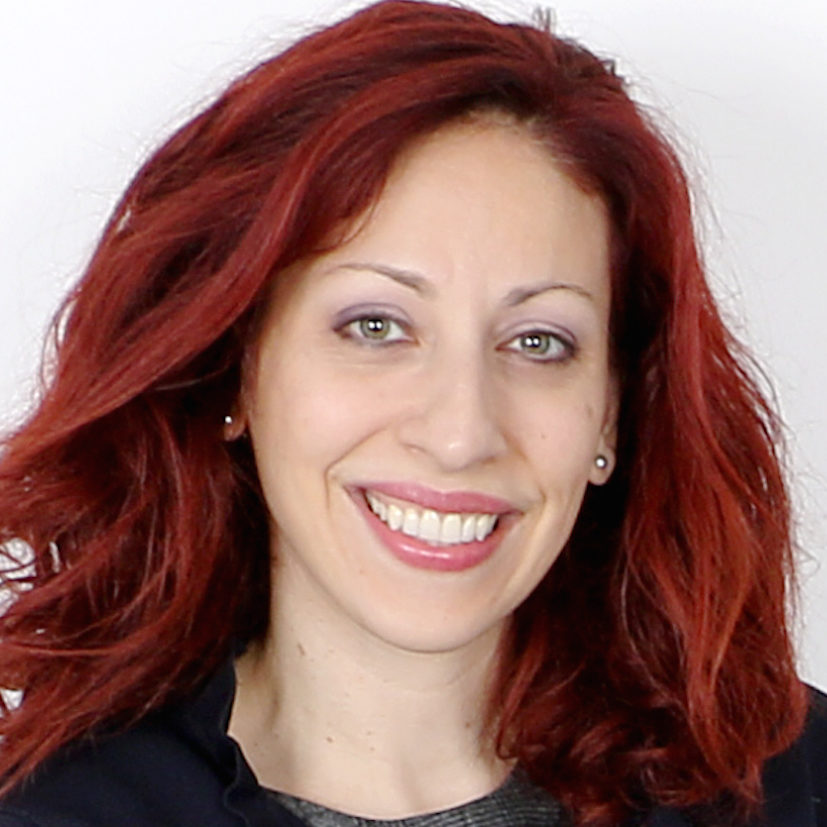
Professor Teresa Abbruzzese
Department of Social Science, Faculty of Liberal Arts and Professional Studies
Teresa Abbruzzese is Sessional Assistant Professor in the Urban Studies Program in the Department of Social Science at York University. Teresa's teaching and research interests weave together critical social, urban, and cultural theory. Teresa’s scholarly trajectory is fuelled by her passionate interest in investigating urban sociospatial struggles through different lenses. Along her scholarly travels, she has investigated the politics of road entertainment and struggling mobilities of fairground travelers in Southern Italy; traced Bruce Springsteen’s tracks in his search for place and identity at the heart of his urban narratives and songwriting processes; examined sociospatial articulations of neoliberal urbanism by specifically looking at metropolitan governance and social housing issues, as well as suburban sprawl, regional equity, and place-based social movements in North America.

Professor Damilola Adebayo
Department of History, Faculty of Liberal Arts and Professional Studies
Damilola Adebayo is an Assistant Professor of History. He completed his PhD in History at the University of Cambridge. He is a historian of Anglophone West Africa, particularly Nigeria.
African colonial and post-colonial cities are at the center of Damilola's research. His current major research theme investigates the socioeconomic life of Western technologies in African cities since the 1850s. He aims to understand the varied contexts within which Western energy, communication, and transportation technologies were adopted, appropriated, hybridized, reinvented, or discarded by the upper class and everyday people; and the ways in which these technologies have been a cause and effect of change in African urban centers.
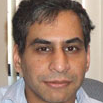
Professor Harris Ali
Department of Sociology, Faculty of Liberal Arts and Professional Studies
Professor Ali studies environmental disasters; the environment and health; environmental sociology; and preventive engineering. In addition, he investigated how processes of globalization have affected the transmission and response to SARS within the context of Toronto as a global city.
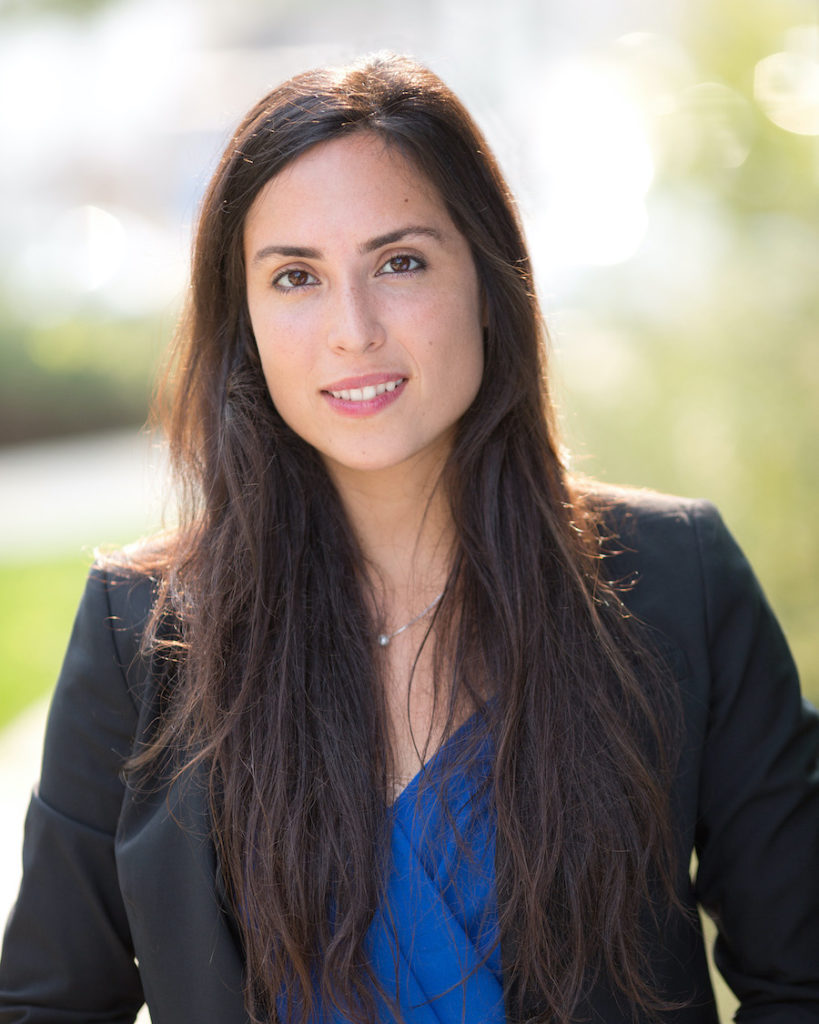
Professor Kamelia Atefi-Monfared
Department of Civil Engineering at Lassonde School of Engineering
Dr. Kamelia Atefi is an Assistant Professor in the Department of Civil Engineering at York University. Prior to joining the Lassonde School of Engineering in August of 2020, she was an Assistant Professor at University at Buffalo (UB) for four years. She completed her Masters, PhD, and Postdoctoral studies at the University of Waterloo. Dr. Kamelia Atefi's research is centered on geomechanics of coupled processes (biochemical-hydraulic-mechanical-thermal-dynamics) aimed at design of environmentally friendly sustainable techniques for bio-mediated ground stabilization, production/storage of energy and water (e.g., geothermal, aquifer storage recovery), and resilient infrastructure against climate change. She is an Editorial Board Member of the Canadian Geotechnical Journal. She is also a member of the American Society of Civil Engineers (ASCE) Rock Mechanics committee, and the ASCE Sustainability in Geotechnical Engineering. She is a professional engineer in the province of Ontario since Aug 2019.

Professor Alison Bain
Global Geography Program, Faculty of Environmental and Urban Change
Professor Bain is a feminist urban social geographer who studies contemporary urban and suburban culture. Her research examines the complex relationships of cultural workers and LGBTQ2S populations to cities and suburbs in Canada and Germany with particular attention to questions of identity formation, place-making, spatial politics, and neighbourhood change. Her writing focuses on the (sub)urban geographies of artistic labour, creative practice, and cultural production and has involved the development of critiques of creative city theory and cultural planning in their application to small- and mid-sized cities and suburbs. She is especially interested in contested processes of social inclusion and social exclusion in neighbourhoods as triggered by both by bottom-up and top-down arts-led urban redevelopment initiatives as well as queer place-making practices.
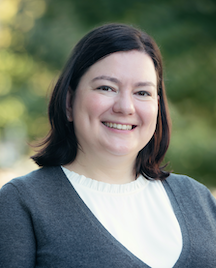
Professor Natalia Balyasnikova
Faculty of Education
Natalia Balyasnikova is Assistant Professor in Adult Education (Faculty of Education, York University). As a community-engaged researcher, Natalia works with older immigrants in large urban contexts to understand how place and space impact learning trajectories in later life. In her interdisciplinary work Natalia employs creative research methods, namely found poetry and multimodal storytelling. Her research projects include PhoneMe, poetry inspired by public places and spaces, and Aging Spaces, storytelling about immigration and aging.

Professor Ranu Basu
Global Geography Program, Faculty of Environmental and Urban Change
Professor Basu is Associate Professor in the Department of Geography at York University. Her research and teaching interests relate to the geographies of marginality, diversity and social justice in cities; power, space and activism; critical geographies of education; and spatial methodologies including critical GIS. Her projects have explored the impacts of neoliberalization of educational restructuring in Ontario; multiculturalism in schools through questions of 'integration'; social sustainability and the meaning of public space as it relates to migrants; and the provision of infrastructure for marginal groups in suburban regions. Most recently she has embarked on a SSHRC funded project entitled Subalterity, education and welfare cities that historically traces the geopolitical impacts on cities and schools through questions of conflict and displacement in Havana, Toronto and Kolkata.
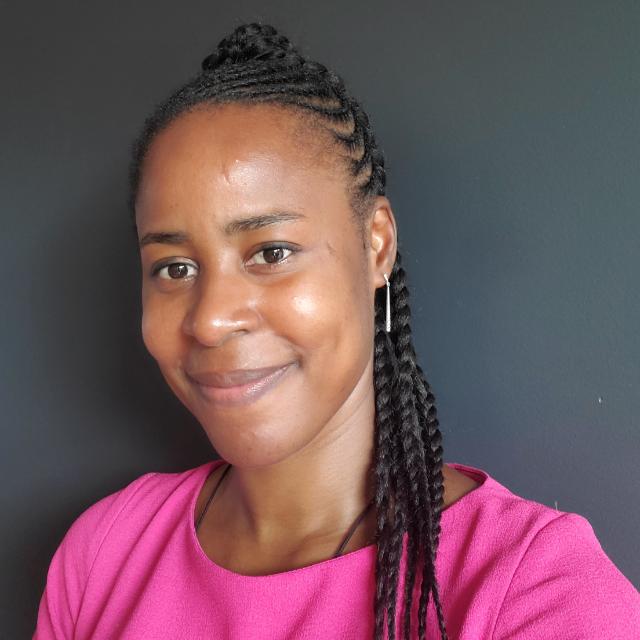
Professor Alvine Boaye Belle
Department of Electrical Engineering and Computer Science at Lassonde School of Engineering
Alvine Boaye Belle is an assistant professor in the Department of Electrical Engineering and Computer Science at Lassonde School of Engineering. She holds a PhD in software engineering from the University of Quebec (Ecole de Technologie Supérieure). She has completed a 2-year industrial postdoctoral in software engineering at the University of Ottawa under the supervision of Professor Timothy Lethbridge. After completing her postdoctoral, she worked for the federal public service of Canada while completing a graduate diploma in public administration and governance at McGill University. Her previous research focused on software maintenance and evolution, on combinatorial optimization, system assurance, artificial intelligence and machine learning. Her current research focuses on the assurance of intelligent software systems throughout their lifecycle, as well as cultural awareness. She speaks both French and English.
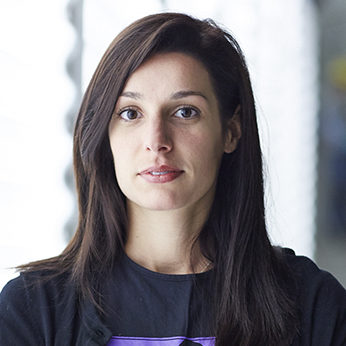
Professor Amanda De Lisio
School of Kinesiology and Health Science, Faculty of Health
Amanda De Lisio is an Assistant Professor of Physical Culture, Policy, and Sustainable Development in the School of Kinesiology and Health Science, Faculty of Health. Her research is focused on development and displacement in FIFA and Olympic host cities. Her SSHRC-funded dissertation examined the impact of event urbanism in Rio de Janeiro, Brazil, particularly on women involved in informal, precarious labour. Prior to York University, she taught classes on urban geography, political economy, and the sociology of health and physical culture at the University of Toronto (2015-2020) and held a postdoctoral fellowship at Bournemouth University (2016-2018) as well as Brock University (2018-2020). Her work has been funded by the Economic and Social Research Council in England, Mitacs Canada, and the Social Sciences and Humanities Research Council of Canada, and published in academic and popular presses in English and Portuguese.
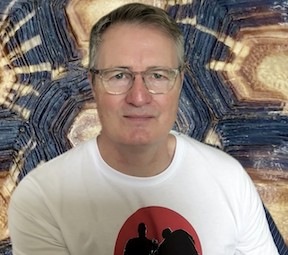
Dr. Marc Dupuis-Désormeaux
Glendon College - Department of Multidisciplinary Studies, Biology Program
Dr. Marc Dupuis-Désormeaux is conservation biologist, researcher, and a lecturer at York University’s Glendon College in Toronto where he studies turtle communities, demographics, and road mortality. He also helps organize citizen-science efforts to mitigate turtle mortality and protect turtle nesting sites. Marc works across various landscapes and also has field sites in Kenya, where he studies lion and hyena behaviour, landscape prey-traps, and human-wildlife conflicts and has recently discovered a new population of critically endangered pancake tortoises. He holds a Ph.D. in Biology, a Master of Environmental Studies and a Master of Business Administration.
Marc is the Chair of the Lewa Wildlife Conservancy Canada, a Canadian charity that supports various projects in Kenya, focusing on education, community development and protection of endangered species. He is also a board member of the Ontario Turtle Conservation Centre and a director of the Canadian Herpetological Society. You can read more about his projects on his website: www.marcdupuisdesormeaux.ca

Dr. Jillian Fulton-Melanson
Department of Anthropology, Faculty of Liberal Arts and Professional Studies
Jillian Fulton-Melanson is a course director in the Department of Anthropology at York University and has training in ethnomusicology, education, and music performance. She also holds the position of co-chair for the Music and Violence Special Interest Group at the Society for Ethnomusicology. Her dissertation, titled “The Post-tarab Soundscape: Underground Electronic Dance Music Culture and the Arab-Canadian Diaspora,” is an ethnographic account of queer, subaltern, Arab and Maghrebi youth who have participated in the electronic dance music culture of Toronto and Montreal. Her current work is situated in Montreal and Casablanca within a niche community of industrial techno and Noise artists whose music and branding speak to social issues relating to nationalism and violence. Outside of academia, she actively performs at underground electronic music events and collaborates/plays with Arabic folk musicians.

Professor Liette Gilbert
Faculty of Environmental and Urban Change
Professor Gilbert's research examines the oppositional struggles and alternative narratives or claims voiced by marginalized people as a form of resistance and expressions of citizenships. She has written on the politics of sub/urban re/development (from Lac-Mégantic to Mexico City). She has also published extensively on issues of neoliberalisation of immigration policy, securitization and criminalization of immigration, social justice, media representations of immigration and multiculturalism, and North American border politics. She is the co-author of The Oak Ridges Moraine Battles: Development, Sprawl and Nature Conservation in the Toronto Region with her colleagues L. Anders Sandberg and Gerda R. Wekerle. The book examines local and regional environmental politics from a critical political ecology perspective. With her colleague Luisa Sotomayor, she is currently researching how 'non-status citizenship' is negotiated in municipal governance and planning politics in Toronto (and Montreal). Her theoretical and methodological approaches consider the various incongruities between ideologies, policies and everyday practices.
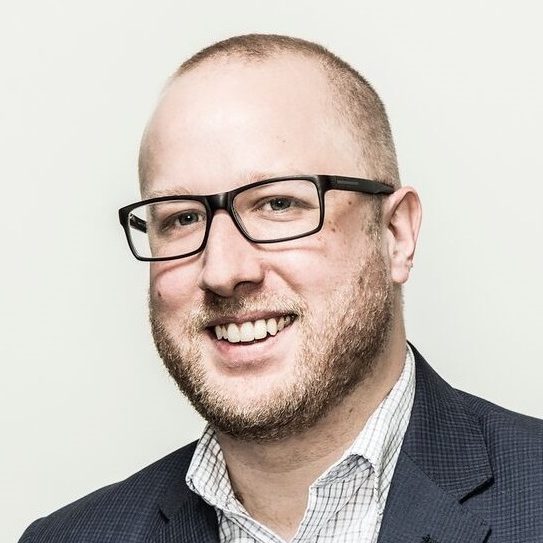
Professor Kevin Gingerich
Department of Civil Engineering, Lassonde School of Engineering
Kevin Gingerich is an Assistant Professor who joined the Department of Civil Engineering in 2017. His research interests are focused on freight transportation engineering and planning with emphasis on spatial analysis, land-use and transport interactions, discrete choice analysis, big data modelling, and optimizations. Recent research projects have included applications on a variety of vehicles ranging from small e-cargo cycles to large long-combination trucks.

Professor Shubhra Gururani
Department of Anthropology, Faculty of Liberal Arts and Professional Studies
Professor Gururani’s research and teaching interests lie in the areas of the cultural politics of environment and development, postcoloniality, third world feminisms, and social movements. She has conducted ethnographic research and published on the politics of conservation and gendered struggles over livelihood in Central Himalayas, India, exploring the cultural production and representation of environmentalism, place, gender, and identity. Professor Gururani is currently working on a new project on Third World urban forms in emerging cities like Gurgaon, which investigates the changing environmental and territorial politics in urban metropolis and suburbs in the context of neoliberal transformation.
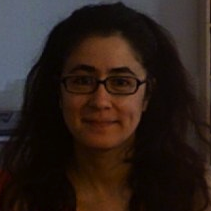
Professor Laam Hae
Department of Politics, Faculty of Liberal Arts and Professional Studies
Professor Hae studies and teaches the political economy of, and cultural politics over, urban redevelopment. More specifically, she has researched popular struggles over gentrification, the post-industrialization of urban economies, city marketing, zoning regulations, the militarization of urban space and the right to the city, in both North America and East Asia (specializing particularly in South Korea). Professor Hae’s current research examines struggles over the deregulation of greenbelt areas in South Korea (with SSHRC funding) and shantytown redevelopment under the liberal-leftist Seoul municipal government.

Professor Lyndsay Hayhurst
School of Kinesiology and Health Sciences
Lyndsay Hayhurst is a Tier 2 York Research Chair in ‘Sport, Gender and Development and Digital Participatory Research’, Director of the ‘DREAMING Sport Lab’ (Digital participatory Research in Equity, Access, Mobility, Innovation aNd Gender in Sport Lab). She is an Associate Professor in the School of Kinesiology and Health Science at York University in Toronto, Canada. Her research interests include sport for development and peace (SDP); gender-based violence and sexual and reproductive health in/through SDP; digital participatory action research; trauma-and violence-informed approaches to SDP; cultural studies of girlhood; decolonial and postcolonial feminist theory; global governance, international relations and corporate social responsibility; SDP in Indigenous communities; and the gender, sport and environment nexus. She is a co-author (with Holly Thorpe and Megan Chawansky) of Sport, Gender and Development: Intersections, Innovations and Future Trajectories; and co-editor (with Tess Kay and Megan Chawansky) of Beyond Sport for Development and Peace: Transnational perspectives on theory, policy and practice. Her publications have appeared in Women’s Studies International Forum; Gender, Place & Culture; Third World Quarterly and Sociology of Sport Journal. She has previously worked for the United Nations Development Programme and Right to Play.
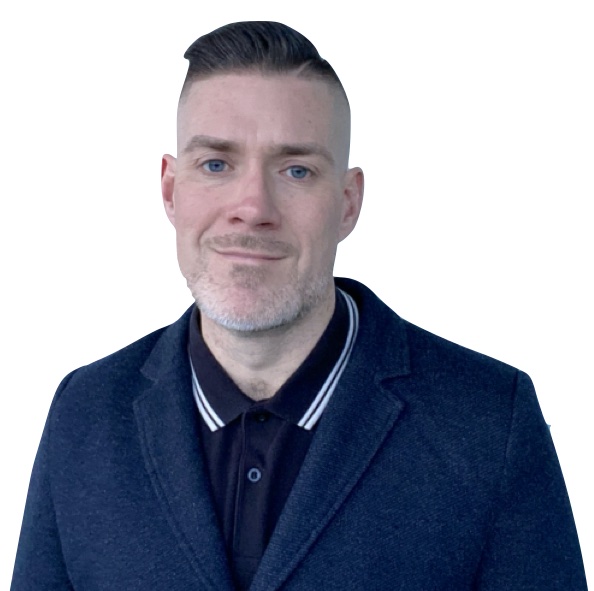
Dr. Ryan James
Department of Anthropology, Faculty of Liberal Arts and Professional Studies
Ryan James is an anthropologist and a course director in the Urban Studies Program. He specializes in the culture, politics, and history of Toronto’s inner suburbs with a focus on mutual aid and social reproduction among working-class residents. James is currently a research partner with the Syme Woolner Archives Project, a collaborative historical ethnography of a social services agency and its role in two inner-suburban Toronto communities. James is also co-editor of the forthcoming volume, What does the Right to the City Sound Like? The Ambient Dynamics of Urban Futures with Jillian Fulton-Melanson.
James’s goal as an educator is to provide space for students to empower themselves by thinking critically, and by developing the research, communications, and analytical skills it will take to understand social problems and challenge social inequity in the 2020s and beyond. When classes moved online in 2020, James reconceptualized the lecture component of his courses as a series of videos on 416anthropology YouTube channel, where he continues to post content on key concepts and methods in the social sciences for students as well as a general audience.
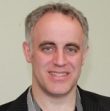
Prof. William Jenkins
Department of History, Faculty of Liberal Arts and Professional Studies
Professor Jenkins is an associate professor in the Department of History in the Faculty of Liberal Arts and Professional Studies. A Dubliner by birth, he completed a PhD at the University of Toronto on Irish immigrant experiences in Buffalo, USA, and Toronto, Canada, in the late nineteenth and early twentieth centuries. He has also published on issues of social and economic transformation in rural Ireland in the nineteenth and twentieth centuries, and more than twenty articles on his research on Ireland and the Irish diaspora in the United States and Canada have appeared in edited collections and journals such as the Journal of Urban History, Immigrants & Minorities, and the Journal of Historical Geography. In 2013, his book Between Raid and Rebellion: the Irish in Buffalo and Toronto 1867-1916 was published by McGill-Queen’s University Press and has since received awards by four scholarly bodies. He is currently editing a volume of essays on Canada and the Great Irish Famine and is preparing a manuscript on the transatlantic dimensions of the famine as they relate to the evolution of Toronto between the early 1840s and early 1880s.
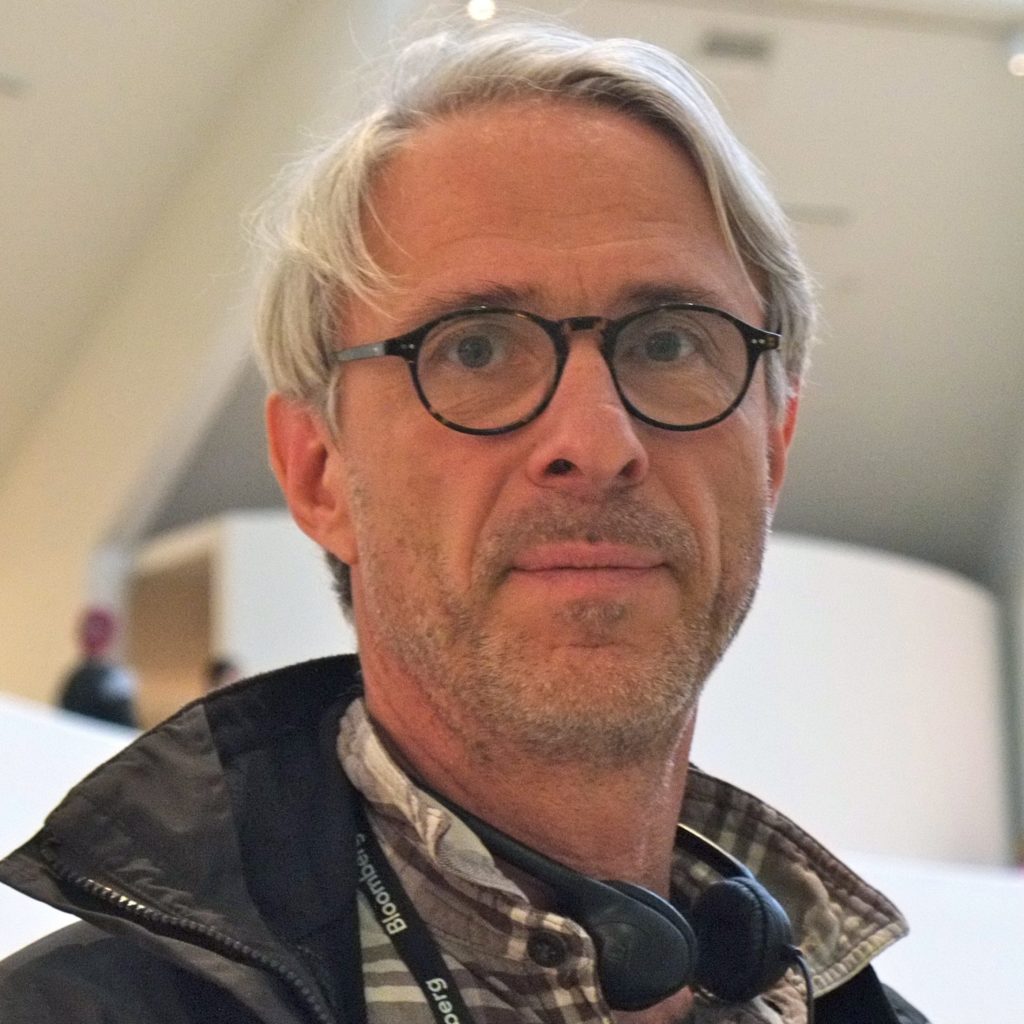
Professor Roger Keil
Faculty of Environmental and Urban Change
Professor Keil is York Research Chair in Global Sub/Urban Studies, Faculty of Environmental Studies, York University in Toronto. He researches global suburbanization, urban political ecology, and regional governance and is the Principal Investigator of the Major Collaborative Research Initiative on Global Suburbanisms (2010-18). He is the author of the forthcoming Suburban Planet (Polity) and editor of Suburban Constellations (Jovis 2013); co-editor (with Pierre Hamel) of Suburban Governance: A Global View (UTP 2015); co-editor (with Julie-Anne Boudreau, Pierre Hamel and Stefan Kipfer) of Governing Cities Through Regions (Wilfrid Laurier University Press 2017) and co-editor (with Xuefei Ren) of The Globalizing Cities Reader (Routledge 2018). He is a co-founder of the International Network for Urban Research and Action (INURA), previous director of the CITY Institute at York University and former co-editor of the International Journal of Urban and Regional Research.

Professor Stefan Kipfer
Faculty of Environmental and Urban Change
Professor Kipfer’s research is focused on two related areas: the comparative analysis of urban politics, and the excavation of urban dimensions in social and political theory. In metropolitan regions like Toronto, Zurich and Paris, he has been investigating the relationships between social movements, modes of state intervention (including planning and policy) and patterns of social, economic and cultural restructuring. His theoretical explorations have tried to articulate critical marxist and anti-colonial traditions, notably in the works of Henri Lefebvre, Frantz Fanon and Antonio Gramsci.

Professor Abidin Kusno
Faculty of Environmental and Urban Change
Professor Kusno has taught at various departments at different universities in the past twenty years. His work continues to evolve around the issues of politics, culture and the built environment. He examines the ways in which architecture and urban space represented political cultures of a country (Indonesia, especially the capital city of Jakarta) and how they shaped politics, ideology, and consciousness of different social groups at different moments in the country’s urban history. His current research project seeks to add a missing dimension to his previous and ongoing works by pursuing more substantial research on environmental issues, especially from the perspectives of culture, history, and politics.
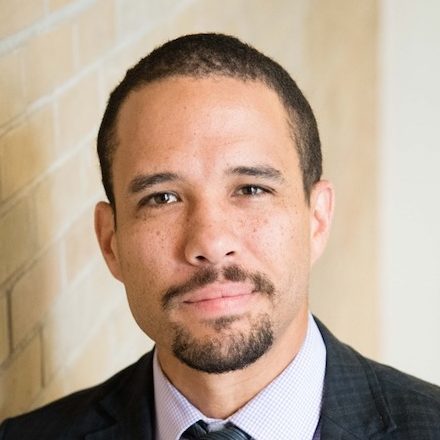
Professor Paul Lawrie
Department of History, Faculty of Liberal Arts and Professional Studies
Professor Lawrie is a historian of Black America with interests in urban, labour, and disability histories. His research examines how Blackness has been understood throughout American history from intellectuals, industrial managers, scientists, educators, physicians and athletes. His first book Forging a Laboring Race: The African American Worker in the Progressive Imagination (NYU Press 2016) charts how ideas of race shaped industrial management in modern America. Paul's current SSHRC-funded project The Colour of Hours: Race, Time and the Making of Urban America shifts from the corporeal to the temporal. It links African American, Labour and Urban histories to chart how notions of time shaped the urban black experience, with a focus on temporal geographies of race in postwar Detroit.

Professor Ute Lehrer
Faculty of Environmental and Urban Change
Professor Lehrer's research focuses on urban geography, cities and globalization, image production in cities, and economic restructuring and urban form. She also studies the built environment, ethnicity and immigration to urban areas, and the theory and history of planning, urban design and architecture.
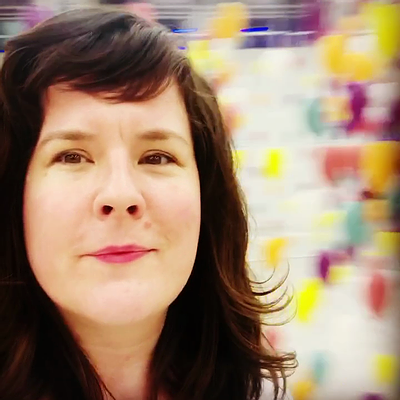
Professor Ann Marie Murnaghan
Department of Humanities, Faculty of Liberal Arts and Professional Studies
Professor Murnaghan's research primarily focuses on how children’s identities are formed through play in cities. Located in the fields of children’s studies, critical, anti-racist and feminist theory, social and cultural geographies, her research compares how gendered, aged, and raced national identities are written differently in- and outdoors, historically, and in the present moment. She studies how children and children’s play are written in and out of urban and national history, and why this has important, if often taken for granted, implications for contemporary urban life and social inclusion as well as the identities that adults enact daily. Her research specifically examines playgrounds and museums as important urban sites of connection and symbolism, and how they are important in children’s lives and also as representations of broader urban narratives. Professor Murnaghan is currently participating in three SSHRC funded projects (Insight Development, Connection, and Partnership Engage) that explore these concepts in Toronto, British Columbia, and across Canada.
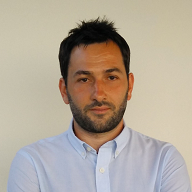
Professor Manos Papagelis
Department of Electrical Engineering and Computer Science at Lassonde School of Engineering
Manos Papagelis is an Associate Professor of Electrical Engineering and Computer Science (EECS) at the Lassonde School of Engineering, York University, Canada. He holds a PhD in Computer Science from the University of Toronto, Canada, and a MSc and a BSc in Computer Science from the University of Crete, Greece. His research interests include data mining, graph mining, NLP, machine learning, big data analytics, and knowledge discovery. His interest in city science/urban informatics is mostly related to large-scale mining of trajectory data streams (mobility data). Mining mobility data to find interesting (network) patterns is of increased research interest due to a broad range of useful applications, including analysis of transportation systems, location-based social networks, and epidemics.

Professor Linda Peake
Former Director of The City Institute (July 2013 - June 2023) Faculty of Environmental and Urban Change
Linda Peake is the former director of the City Institute at York University, Toronto from July 2013 to June 2023, and principal investigator of the SSHRC funded GenUrb: Gender, urbanization and the global south. She has written widely in the field of critical human geography with interests in urban theory, feminist methodologies and, more recently, mental health. She is co-chair of the AAG Affinity Group on Mental Health in the Academy, co-editor of the special issue on ‘An engagement with planetary urbanization’ in Environment and Planning D: Society and Space (2018), of Urbanization In A Global Context, second ed. (forthcoming, OUP) (with Alison Bain), and of Peake, L., Koleth, E., Tanyildiz, G., S. Narayanareddy, R. N., and patrick, d. (eds) (2021) A Feminist Urban Theory for our Time: Rethinking Social Reproduction and the Urban (London: Antipode Book Series, Wiley).
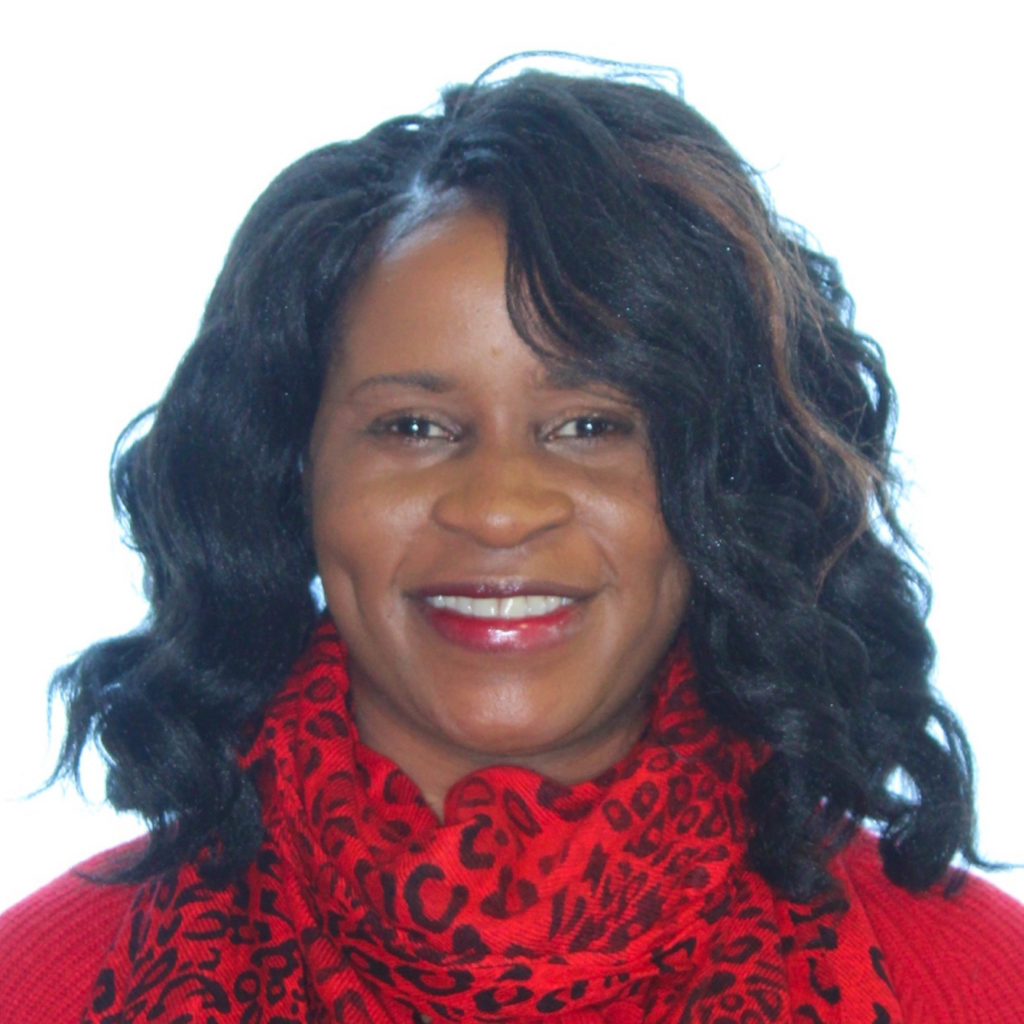
Professor Tameka Samuels-Jones
School of Administrative Studies
Tameka Samuels-Jones is primarily concerned with environmental justice and law. She is specifically interested in investigating the way in which environmental regulations and corporate practices impact the lives and well-being of marginalized groups. The urban environment is the ideal research site for examining these issues, since marginalized groups are concentrated in urban settings and these areas are most impacted by environmentally harmful activities. Professor Samuels-Jones' current work focuses on the Jane/Finch community and the perceptions of residents of this community regarding York University’s sustainability initiatives for its community stakeholders.
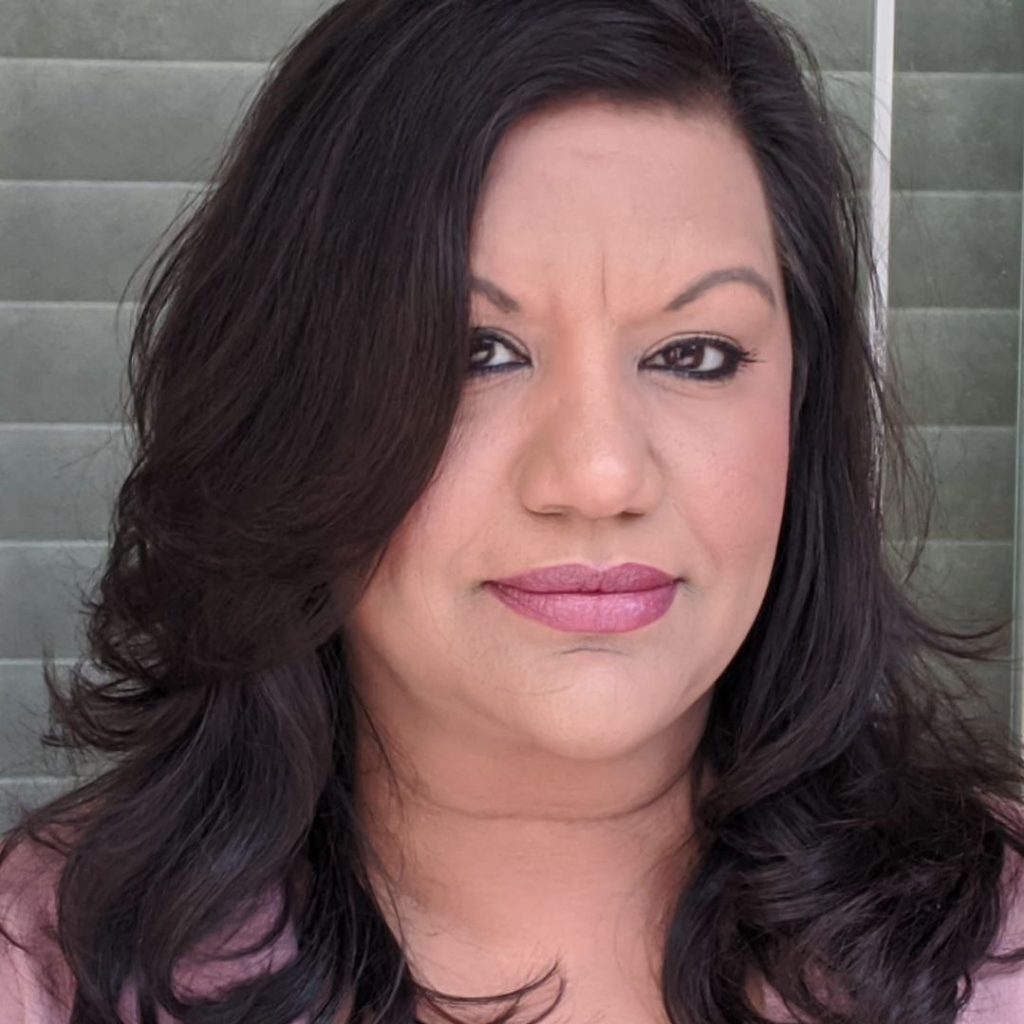
Professor Vidya Shah
Faculty of Education
Professor Shah's research explores the contributing factors to district reform for equity. Professor Shah has worked in the Model Schools for Inner Cities Program in the Toronto District School Board (TDSB) and was a primary, junior and intermediate classroom teacher in the TDSB. She is currently the GTA Regional Lead for the Réseau de Savoir sur l’Équité/Equity Knowledge Network in partnership with the Faculty of Education at the University of Ottawa and the Ontario Ministry of Education. Professor Shah is also a curriculum writer and is actively involved in community initiatives.
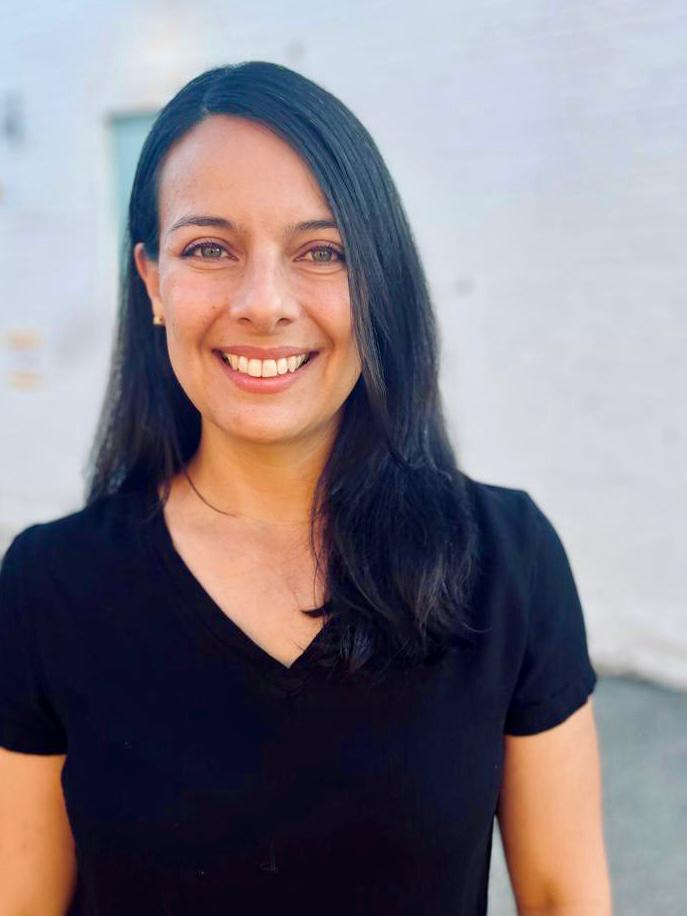
Professor Luisa Sotomayor
Director of The City Institute
Dr. Luisa Sotomayor is the Director of City Institute and an Associate Professor in Planning at the Faculty of Environmental & Urban Change (EUC) at York University. Between 2018 and 2022, Luisa was the Coordinator of the MES Planning Program at EUC and the co-lead of the CIVIS Research Cluster on Urban Infrastructure, Governance and Citizenship at the Robarts Centre for Canadian Studies.
Luisa’s research and teaching examine urban inequalities from a governance and urban planning perspective, including the role of housing and urban policies in the production of uneven urbanisms and everyday exclusions. She also studies the role of activists, resident groups, and legal actors in mobilizing, negotiating, or contesting emergent planning agendas. At its core, her work questions the limits and possibilities of urban planning to redress socio-spatial injustices and promote more equitable and democratic cities. The geographic scope of her research includes both Latin America and Canada.
Luisa has led several research projects funded by the Social Sciences and Humanities Research Council of Canada, the International Development Research Centre, and the Lincoln Institute for Land Policy. Her research has been published in the International Journal of Urban and Regional Research, the Journal of Planning Education and Research, Urban Geography, Housing Policy Debate, and Cities, among others. Luisa holds a BA in Sociology from the National University of Colombia and a master's and Ph.D. in Urban and Regional Planning from the University of Toronto. She is a Registered Professional Planner (RPP) and a full member of the Canadian Institute of Planners.
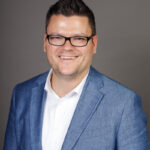
Professor Zachary Spicer
School of Public Policy and Administration
Zachary Spicer is an Associate Professor in the School of Public Policy and Administration and the Head of New College at York University. Beyond York, he is a member of the Digital Mobilities Lab, an Associate at the University of Toronto’s Innovation Policy Lab, a member of the Laboratory on Local Elections, a member of the study team for the Electronic Elections Project and an affiliate member of the Laurier Institute for the Study of Public Opinion and Policy at Wilfrid Laurier University. He previously served as the Director of Research and Outreach with the Institute of Public Administration of Canada and as a Senior Policy Advisor to Ontario’s Ministry of Municipal Affairs and Housing. He began his career as an Assistant Professor in the Department of Political Science at Brock University and completed post-doctoral fellowships at the Laurier Institute for the Study of Public Opinion and Policy at Wilfrid Laurier University and the Institute of Municipal Finance and Governance at the University of Toronto. He received his PhD from the Department of Political Science at The University of Western Ontario.
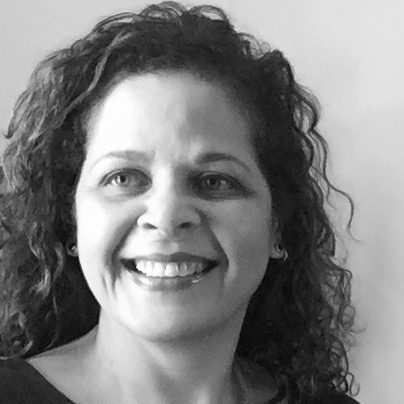
Professor Laura Taylor
Faculty of Environmental and Urban Change
Laura Taylor is an Associate Professor of urban ecologies and environmental planning. As a researcher in political ecology and landscape studies, she is most interested in exurbia—the rural residential countryside—where she studies the processes and discourses of landscape settlement and landscape conservation at (and beyond) the urban-rural fringe. Laura is co-editor of two books, A Comparative Political Ecology of Exurbia and Landscape: Planning, Environmental Management and Landscape Change (2016) and The Ideology of Nature: Green Sprawl (2013).

Professor Steven Tufts
Global Geography Program, Faculty of Environmental and Urban Change
Professor Tufts' current research interests in the geographies of work and workers include investigations into labour market adjustment in the hospitality and tourism sectors, labour market integration of migrant workers, the use of strategic research by labour unions labour union renewal, the response of workers to climate change, and labour and rising populism in North America.
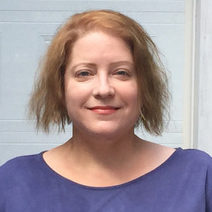
Professor Natasha Tusikov
Department of Social Science, Faculty of Liberal Arts and Professional Studies
Natasha Tusikov is an Associate Professor in the Criminology Program in the Department of Social Science at York University in Toronto, a research fellow with the Justice and Technoscience Lab (JusTech Lab), School of Regulation and Global Governance (RegNet) at the Australian National University in Canberra. She also is a senior fellow at the Balsillie School of International Affairs in Waterloo, Ontario. Her research interests include smart cities, data governance, the Internet of Things, intellectual property, and the regulation of technology platforms. She is the author of Chokepoints: Global Private Regulation on the Internet (2016). She is a co-editor of Information, Technology and Control in a Changing World: Understanding Power Structures in the 21st Century (2019) and co-editor of Power and Authority in Internet Governance: Return of the State? (2021). She is co-author (with Blayne Haggart, Brock University) of The New Knowledge: Information, Data, and the Remaking of Global Power (2023). Before obtaining her PhD at the Australian National University, she was a strategic criminal intelligence analyst and researcher at the Royal Canadian Mounted Police in Ottawa.
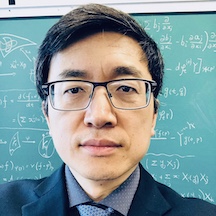
Professor Steven Wang
Department of Mathematics & Statistics, Faculty of Science
Professor Steven Wang is a full professor in Statistics. His research includes machine learning, data science and AI. He has been applying AI methodology to senior care. He is interested in the human aspect of urban development in particular in developing an integrated system of smart care delivered to seniors aging at home.

Professor Patricia Wood
Global Geography Program, Faculty of Environmental and Urban Change
Professor Wood's research focuses on citizenship, attachment to place, diversity, and identity politics, particularly in cities. She does both contemporary and historical work in Canada, the United States and Ireland, and conducts research primarily with immigrant groups and Indigenous peoples, with an emphasis on participatory, collaborative research practices. She is the author of Citizenship, Activism and the City: the Invisible and the Impossible (Routledge 2017) and Nationalism from the Margins (McGill-Queen's, 2002), co-editor of In-between Infrastructure: Urban Connectivity in an Age of Vulnerability (2011) and co-author, with Engin F. Isin, of Citizenship and Identity (Sage, 1999).
Supporting Faculty Members

Professor Douglas Young
Department of Social Science, Faculty of Liberal Arts and Professional Studies
Professor Young’s current research considers the legacies of socialist and modernist urbanism in Berlin, Hanoi, and Stockholm, and the processes of suburban decline and renewal in Toronto. He is co-author (with Julie-Anne Boudreau and Roger Keil) of Changing Toronto: Governing Urban Neoliberalism (U of T Press, 2009). He is co-editor (with Patricia Wood and Roger Keil) of In-between Infrastructure: Urban Connectivity in an Age of Vulnerability (Praxis (e) Press, 2010). He is a member of the CITY Institute’s MCRI grant.
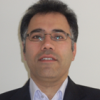
Professor Ali Asgary
Emergency Management, School of Administrative Studies, Faculty of Liberal Arts and Professional Studies
Professor Asgary’s research focuses on urban disaster and emergency management issues ranging from economic assessment of risk mitigation/prevention and emergency preparedness measures to urban disaster simulations and automation, and post disaster reconstruction.
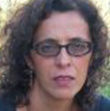
Professor Ratiba Hadj-Moussa
Department of Sociology, Faculty of Liberal Arts and Professional Studies
Professor Hadj-Moussa's areas of specialization are the sociology of culture and political sociology. Her research interests range from common cultural artefacts to art (cinema) and visual culture in general. Her work is anchored within the scope of three major fields: 1. Mediascapes, principally new media, in relation to politics and shared spaces as they are constituted and evolve in non-Western contexts; 2. Secularism and Islam in the West as well as in Muslim-majority societies; 3. Marginalized forms of protest and new forms of the political.

Professor Amin Mawani
Schulich School of Business
Amin Mawani is a professor of taxation at the Schulich School of Business. His background includes making a business case (or a cost-benefit analysis) for various health projects, which could be applied to developing smarter city projects. Many urban development projects result in generating higher incomes for residents affected by such projects. These higher incomes raise incremental income taxes and consumption taxes for municipal, provincial and federal governments – often in perpetuity. These additional new taxes can often justify the incremental, one-time investment by municipal, provincial and federal governments into these smart city projects. It often turns out that the various levels of governments cannot afford to not invest into these smart city projects.

Professor Jeffrey Squire
Department of Social Science, Faculty of Liberal Arts and Professional Studies
Professor Squire is passionate about cities and the complex dynamics of urbanization in both global and postcolonial contexts. His research interests include: urban sprawl; environmental governance; urban planning & governance; waste & water management; pollution; global health; social exclusion; popular culture in Africa and; critical development studies. His research, teaching and community service incorporates issues relating to social justice, advocacy, equity, anti-oppression and his approach to teaching lays emphasis on experiential education and community-based learning.

Professor Warren Crichlow
Faculty of Education
Professor Crichlow is associated with the Robarts Centre for Canadian Studies, Culture and Communication, Interdisciplinary Studies, and the Centre for the Study of Black Cultures in Canada. His current research initiatives include the development of a transnational, collaborative project on media arts practices in schools and communities in Canada, Argentina and the U. S., a Robarts Centre project investigating the role of festivals and cultural policy in constructing the creative city, among others. He sits on the Advisory Board of the Art Gallery of York University (AGYU), and is active in the Gallery's contemporary art and education outreach initiatives with local communities.

Professor Gordon Darroch
Department of Sociology, Faculty of Liberal Arts and Professional Studies
Professor Darroch’s interests lie primarily in historical population studies and social history. Until 2008 he was the York University site director of the Canadian Century Research Infrastructure project, a pan-Canadian, multi-disciplinary and multi-institutional effort to develop a set of interrelated databases centred on data from the 1911-1951 Canadian censuses. The project permits unprecedented analysis of how Canada has become one of the most urbanized nations on earth, ultimately providing a new foundation for the study of social, economic, cultural and political change. The national samples are available here and through Statistics Canada’s Research Data Centres. His most recent publication based on these data is as editor of The Dawn of Canada’s Century: Hidden Histories (Montreal and Kingston: McGill-Queen’s University Press, 2014).
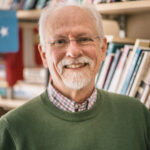
Professor Don Dippo
Faculty of Education
Professor Dippo's interests include: the social and political organization of knowledge, environmental and sustainability education, global migration and settlement; university/community relations; and teacher education.

Professor Jenny Foster
Faculty of Environmental and Urban Change
Professor Foster's research investigates the many ways that ecology is politicized and landscapes are socially constructed. She researches landscape form and processes across Toronto's public green spaces in terms of urban socioecological metabolism.

Professor Stephen Gaetz
Faculty of Education
Professor Gaetz is the Director of the Canadian Homelessness Research Network and the Homeless Hub. He is committed to a research agenda that foregrounds social justice and attempts to make research on homelessness relevant to policy and program development. His research on homeless youth has focused on their economic strategies, health, education and legal and justice issues, and more recently, he has focused his attention on policy and in particular the Canadian response to homelessness.
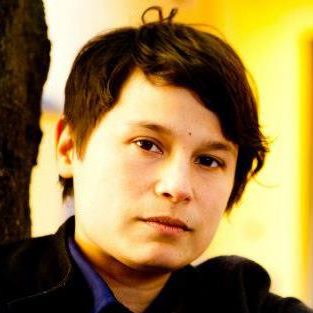
Professor Jin Haritaworn
Faculty of Environmental and Urban Change
Professor Haritaworn is interested in the concurrency of celebration and pathologization in urban narratives of sexual and racial Otherness, in everyday lives and encounters in landscapes that remain shaped by the longue durée of racism, colonialism, and gender oppression. They have conducted two projects so far: The first discussed the celebration of multiracial bodies in Northwest European tropes of the cosmopolitan city (The Biopolitics of Mixing, 2012); the second (Queer Lovers and Hateful Others, forthcoming) tackles ‘queer regenerations’ in Berlin, where formerly degenerate bodies and spaces are vitalized in an inner-city setting of gentrification, ‘war on terror’, and social death. They are currently working on a new project called Marvellous Grounds: Queer of Colour Imaginaries in the Toronto Gay Village.

Professor Shelley Hornstein
Department of Visual Arts, Faculty of Fine Arts
Professor Hornstein looks at the intersections between architecture, mem, ry and place in urban sites. She has published widely on cities as memorial scapes in the postwar period, Google Earth and virtual places, and Architourism. Her most recent research is on demolition as urban amnesia. Among the courses she teaches are: Cultural Cartographies, Memory and Place, Sex and the City, and The Metropolis Revisited.
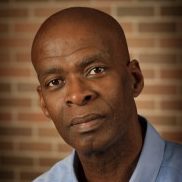
Professor Carl James
Faculty of Education
Professor James is the Founding Director of the York Centre for Education and Community and has been a member of the Faculty of Education since 1993. A former youth leader and community worker, he has extensive experience with critical ethnography, action research, and government and institutional policy analysis. He is widely recognized for his work in ethnically and racially diverse communities and for his role, nationally and internationally, in research around equity and identity as related to race, class, gender, racialization, immigration and citizenship. He is known for his mentorship and is engaged in professional development with social service workers, community agencies and educators.
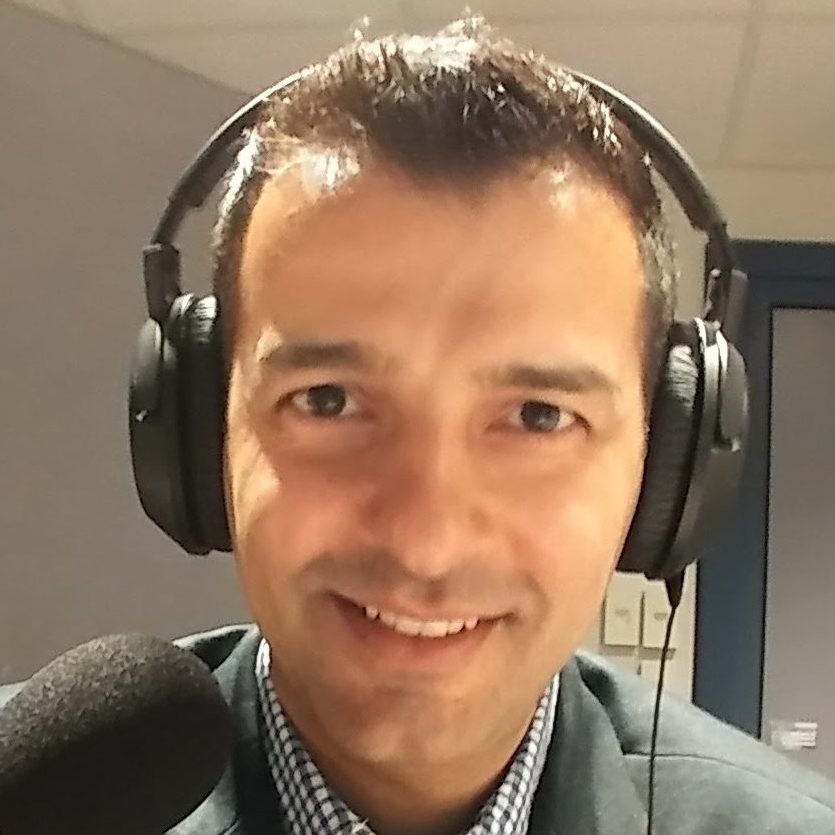
Professor Sean Kheraj
Department of History, Faculty of Liberal Arts and Professional Studies
Professor Kheraj's research looks at the interrelationship between humans, non-human animals, and urbanization in Canada and aims to understand how these historical changes in urban human-animal relations transformed cities and changed human ideas about their relationship with non-human nature. He is also beginning work on a new research project that will examine the social and ecological consequences of the transfer of biota from the Old World to North America and the history of European colonization and biological expansion in Western Canada through a case study of the Red River colony. His third major research area is the history of oil pipeline spills in Canada. This project will provide a quantitative history of the transportation of liquid hydrocarbons via pipeline since 1949. He is the author of the book, Inventing Stanley Park: An Environmental History, a preview chapter of which is available here.

L. Anders Sandberg
Faculty of Environmental and Urban Change
Professor Sandberg's research focuses on environmental and forest policy; environmental economy; environmental and professional history; alternative economic development; as well as Canadian, Maritime, and Scandinavian studies.
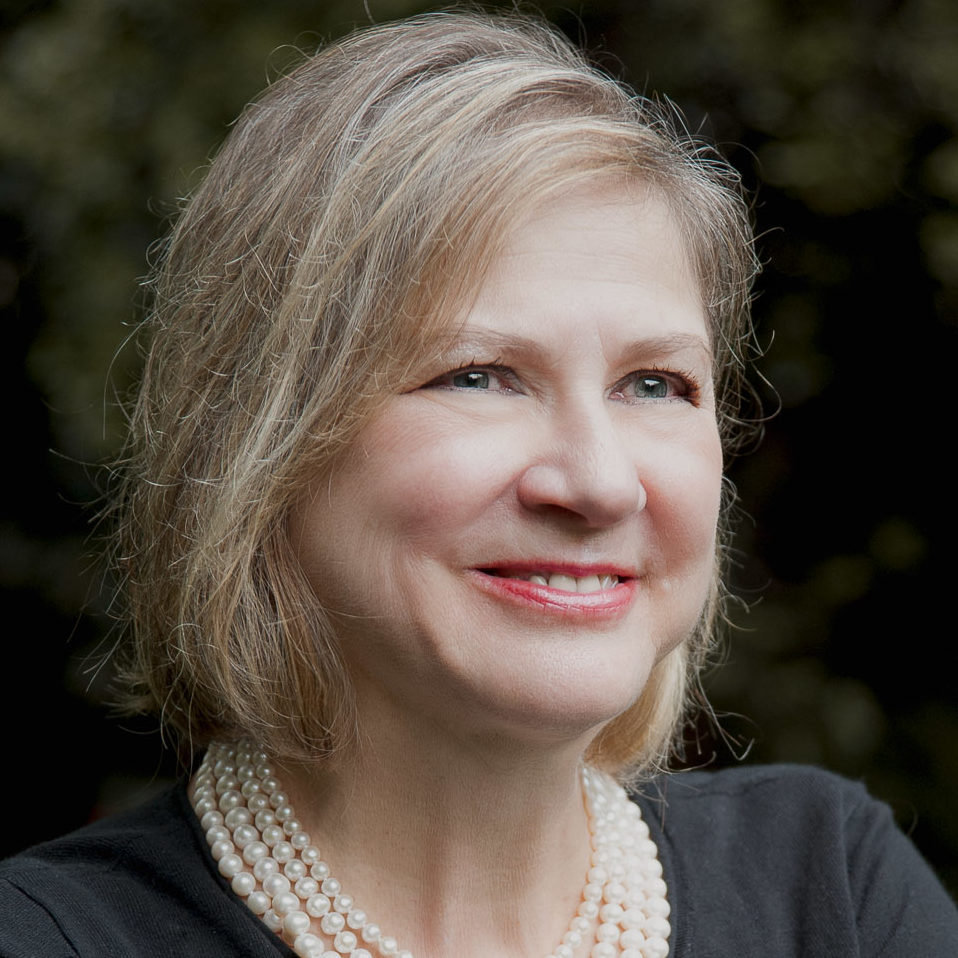
Professor Sandra Schecter
Faculty of Education
Sandra Schecter is Professor of Education and Linguistics at York University. She has taught at York since 1996. From 2009-2012, she served as Graduate Program Director in Education. She has published articles, books, and edited volumes on language policy and planning, language socialization, language and cultural identity, and bi- and multi-lingual language acquisition and learning.

Professor Karl Schmid
Department of Anthropology, Faculty of Liberal Arts and Professional Studies
Professor Schmid has conducted research in Egypt on inequality and spatial control, including the development of the city of Luxor by the Egyptian government, World Bank, UNESCO, and the UNDP. His current projects include grasping the diversity of suburban Cairo and the relationships between its highly segregated areas, and the potential social and cultural implications of an energy transition within the Greater Toronto Area.
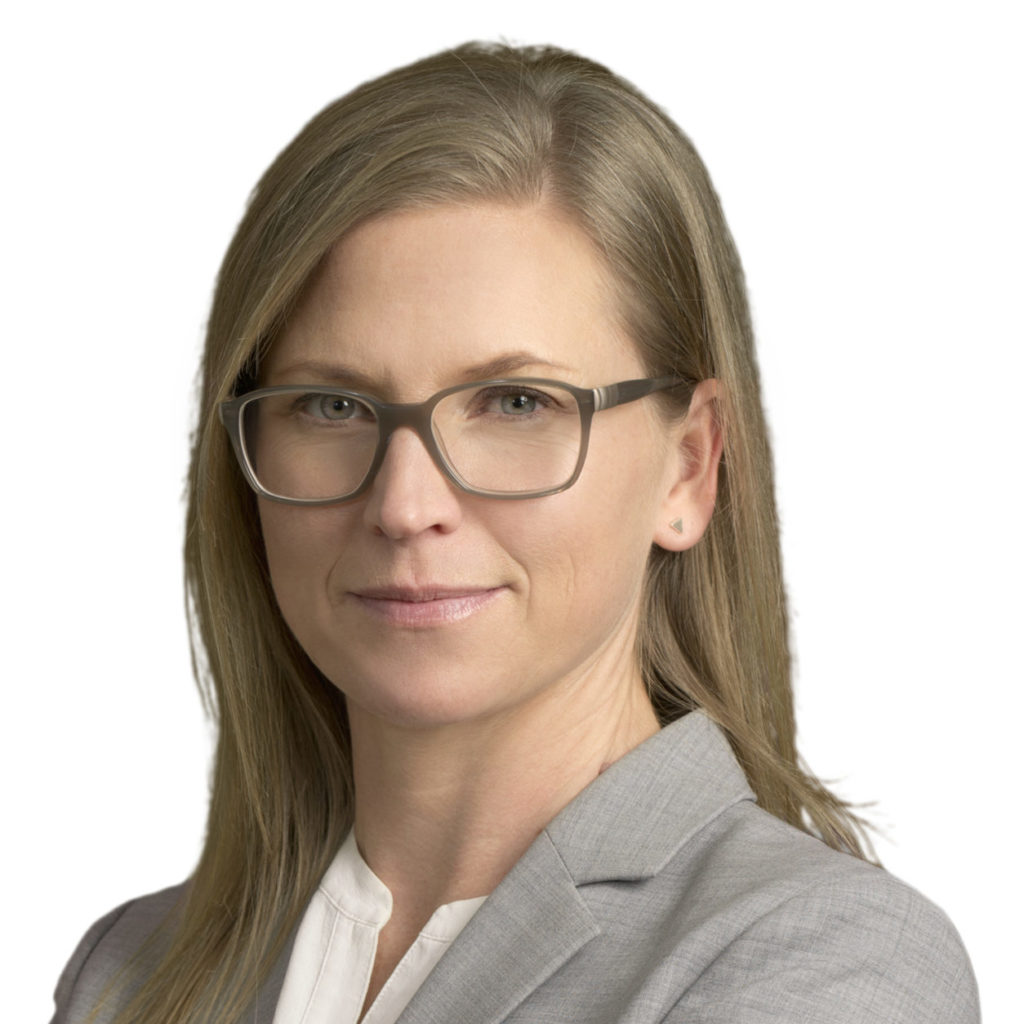
Professor Dayna Scott
Osgoode Hall Law School
Professor Scott was appointed as York Research Chair in Environmental Law & Justice in the Green Economy in 2018. She is cross-appointed with York’s Faculty of Environmental Studies, with a teaching focus on environmental law and justice, risk regulation and international environmental governance. Professor Scott is a co-director of Osgoode’s Environmental Justice and Sustainability Clinic and a co-coordinator of the joint MES/JD program. Her research interests focus on contestation over extraction, the distribution of pollution burdens affecting marginalized communities and vulnerable populations, and the justice dimensions of the transition to a greener economy.
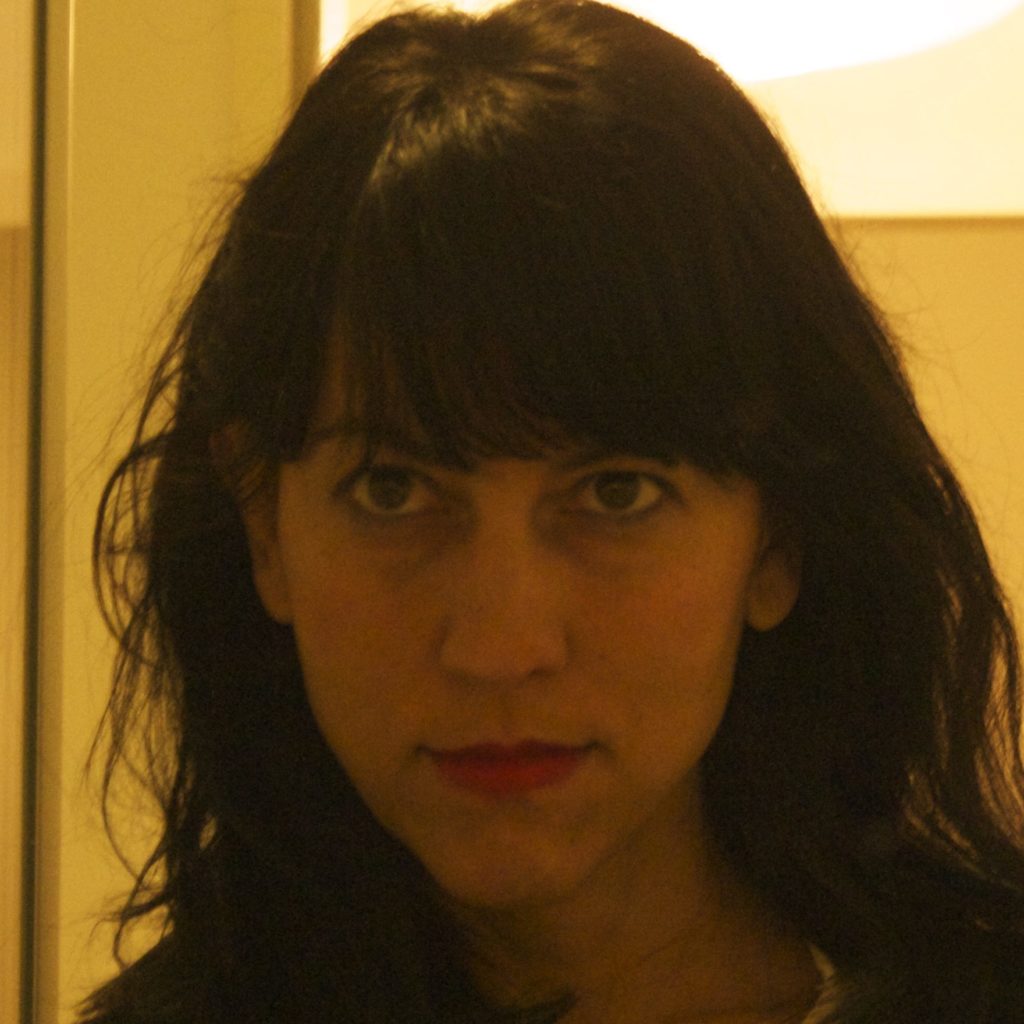
Professor Temenuga Trifonova
Department of Film, Faculty of Fine Arts
Professor Trifonova explores the production of space in city films, from the street film through the city symphony, the genre-inflected city, nouvelle vague films, the global city film, the transnational ghetto film, and the franchise city film. Her other research focuses on theories of film and photography; film and philosophy; psychopathology and cinema; film criticism; contemporary American and European cinema; theories of globalization and identity; cross-cultural and cross-genre film remakes; and screenwriting.

Professor Leah Vosko
Department of Social Science, Faculty of Liberal Arts and Professional Studies
Professor Vosko is Professor of Political Science and Canada Research Chair in Feminist Political Economy at York University. She is the author of Temporary Work: The Gendered Rise of a Precarious Employment Relationship and Managing the Margins: Gender, Citizenship and the International Regulation of Precarious Employment. She is also the editor of Precarious Employment: Understanding Labour Market Insecurity in Canada. Since 2001, she has overseen the collaborative Gender and Work Database-Comparative Perspectives on Precarious Employment Database project (GWD-CPD) involving co-investigators from across Europe and North America as well as Australia.

Professor Mark Winfield
Faculty of Environmental and Urban Change
Mark Winfield research interests varies from climate change, environment and energy law and policy topics. He has acted as an advisor to the Environmental Commissioner of Ontario and federal Commissioner for Environment and Development. He was a member of the Conseil d'administration (board of directors) of Transitions energetique Quebec, a Crown corporation established in to implement a low-carbon energy transition strategy for Quebec, from 2017 to 2020.
York University Professor Emeritus
Professor Jon Caulfield
Department of Social Science, Faculty of Liberal Arts and Professional Studies
Professor Caulfield's research interests include: Downtown Toronto neighbourhoods; residential redevelopment of deindustrialized space in inner Toronto; old church buildings in inner Toronto; use of photographs in urban research.
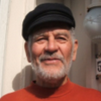
Professor Bryan Massam
Department of Geography, Faculty of Liberal Arts and Professional Studies
Professor Massam is the author of a number of academic books scholarly articles and reports on planning, environmental assessment, quality of life, the public good, economic/social/cultural rights, multi-criteria decision analysis, civil society and policy making. He also writes and publishes fiction.
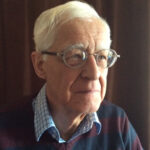
Professor Glen Norcliffe
Department of Geography, Faculty of Liberal Arts and Professional Studies
Professor Norcliffe’s research examines geographies of production and technological change in the neoliberal era and the corollaries of neoliberal transformations for cities and regions, including studies of industrial clusters in China producing goods exported via global networks to Canada and elsewhere. As lead editor of The Routledge Companion to Cycling he has provided an academic base for the emerging sub-discipline of cycling studies. His current research examines mobility for persons with disability, and especially the design, production and distribution of adaptive cycles.
John Warkentin
Department of Geography, Faculty of Liberal Arts and Professional Studies
Professor Warkentin's major research interest is the development of geography as a subject and discipline in Canadian schools, and universities. He also continues his interest in the role of regional geography in liberal education, cultural and historical geography, and the scientific exploration of Canada.

Professor Gerda Wekerle
Faculty of Environmental Studies
Professor Wekerle researches urban movements, urban growth management and sprawl, urban public policy, urban politics, gender and cities, urban agriculture and food planning. Recent publications focus on environmental movements in exurban areas, urban growth policies, regional movements, environmental governance, land trusts, bioregional citizenship, the urban security agenda and anti-terrorism, food justice movements, gender and the neoliberal city and gender planning in transportation.
Previous Faculty Affiliate

Professor Lisa Drummond ( ___ - 2021)
Department of Social Science, Faculty of Liberal Arts and Professional Studies
Demonstrating York’s commitment to urban research on a global scale, Professor Drummond researched Vietnamese cities, with an emphasis on popular culture and social norms of femininity and womanhood. She completed a book manuscript entitled: Mad Dogs to Motorbikes: Public Space in Hanoi, Vietnam, from the French Colonial Period to the Present. The research for this book was funded by an SSHRC Standard Research Grant. She was a member of the MCRI project at the CITY Institute and also worked on a SSHRC funded project on urban water issues.
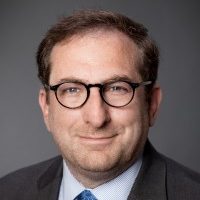
Professor Lorne Sossin
Osgoode Hall Law School
Lorne Sossin served as Dean of Osgoode Hall Law School (2010-2018). Prior to this appointment, he was a Professor with the Faculty of Law at the University of Toronto (2002-2010). He is a former Associate Dean of the University of Toronto (2004-2007) and served as the inaugural Director of the Centre for the Legal Profession (2008-2010). Previously (1997-2002), he was a faculty member at Osgoode Hall Law School, and the Department of Political Science, at York University. His teaching interests span administrative and constitutional law, the regulation of professions, civil litigation, public policy and the judicial process. He was a law clerk to former Chief Justice Antonio Lamer of the Supreme Court of Canada, a former Associate in Law at Columbia Law School and a former litigation lawyer with the firm of Borden & Elliot (now Borden Ladner Gervais LLP).
Since 2018, Prof. Sossin has served as a justice of the Court of Appeal for Ontario.
